RCVS Day – The Royal College of Veterinary Surgeons’ AGM and Awards Day – saw the investiture of the new President, Col Neil Smith, on 5 July 2013, at the Royal College of Physicians, London.
Neil Smith graduated from the Royal Veterinary College in 1989 and is currently the Director Army Veterinary and Remount Services, effectively the Chief Veterinary Officer for the Army and Head of the RAVC, which has over 35 Veterinary Officers as well as 350 soldiers. He also holds an appointment from the Queen as her Honorary Veterinary Surgeon.
Looking forward to his year in office he commented on the new strategic plan that is under development, and saying: “I look forward to playing my part in taking the College into the next phase of its evolution and I am encouraged by the appetite for change shown by my fellow Council members – and indeed the profession at large.”
Awards and honours
Outgoing President Jacqui Molyneux conferred a range of awards, including:
– Honorary Associateship to Dr Kirsten Rausing, who has made an outstanding contribution to equine health and welfare.
–Dr Rausing was particularly commended for “her understanding of veterinary issues that affect thoroughbred breeding and racing, especially those involving infectious diseases..”.
–Honorary Fellowship was granted to Dr Joy Archer, who specialises in veterinary pathology “..her contributions have been outstanding.”
–Honorary Fellowship was also bestowed upon Dr Raymond Franklin, an equine veterinary surgeon who has contributed greatly to raising clinical and professional standards throughout his work both as a practising veterinary surgeon and with the Veterinary Defence Society.
–A final Honorary Fellowship was presented to Colin Whitaker, a farm animal veterinary surgeon whose work led to the discovery of bovine spongiform encephalopathy.
–Fellowships were awarded to Michael Guilliard, for work in the field of distal limb injuries in greyhounds, and to Professor Martin Sheldon, whose subject was infection and immunity in the female genital tract of cattle.
–Veterinary diplomas were awarded on a range of subjects, from Cattle Health and Production to Veterinary Cardiology, and veterinary nurses were presented with their Diplomas in Advanced Veterinary Nursing (DipAVN), including the first three to achieve the DipAVN (Equine) – Natalie Fisk, Kate Lomas and Marie Rippingale.
CEO’s introduction
The CEO, Nick Stace, gave a short introduction to the President’s address. He outlined activities to date and outlined proposed changes, which included the development of a three-year strategy plan, an overhaul of the RCVS Charitable Trust, to become RCVS Knowledge, the evolution of the Practice Standards Scheme, and continued moves to enable the RCVS to become a first-rate regulator and Royal College. Finally, he handed over to President Jacqui Molyneux, describing her as a passionate, purposeful and practical President.
Jacqui Molyneux said: “This has been an exciting and innovative year… and I think the next few years will see a continuation of those positive changes, which should ensure that we have a Royal College of which we can all be proud.”
Guest speaker
Guest speaker at this year’s event was Dr Andy Stringer, Director of Veterinary Programmes at the Society for the Protection of Animals Abroad (SPANA). Dr Stringer’s talk outlined the hardships suffered by working animals which are often excluded from national animal health and welfare policies, play in the lives of many struggling to make a living in the developing world. He explained the vital role that SPANA plays in the provision of training to local vets and animal health professionals, education to owners and the operation of mobile veterinary clinics, and also the charity’s engagement in research.
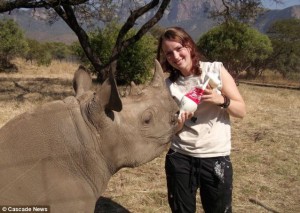
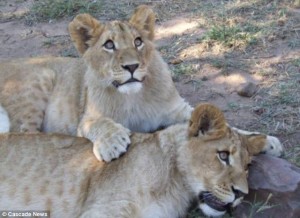
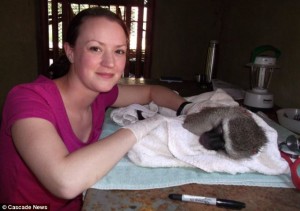
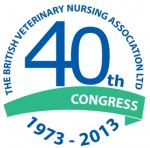
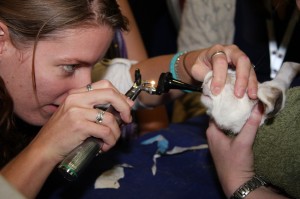

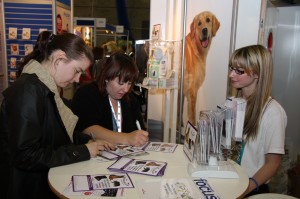 *CAW will also be exhibiting there so make sure you come and visit us!
*CAW will also be exhibiting there so make sure you come and visit us!